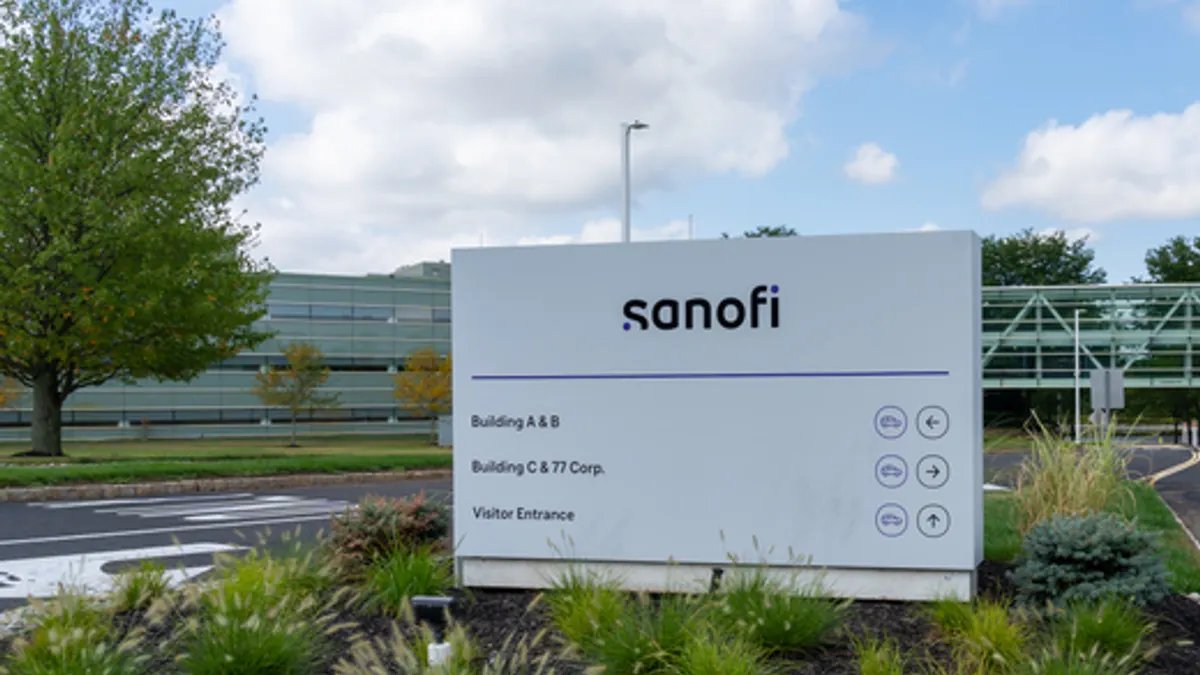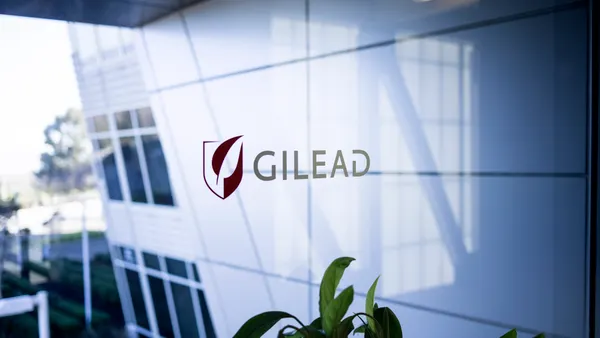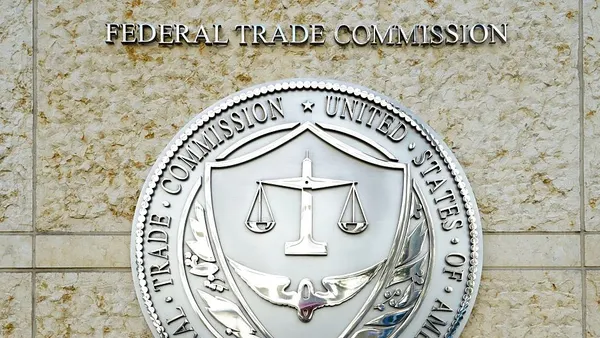The Food and Drug Administration approved on Friday a new type of medicine for people with the rare bleeding disorder hemophilia.
Current hemophilia treatments generally try to replace or spur the production of key blood-clotting proteins that are missing because of genetic mutations. But this newly approved medicine works differently. A snippet of genetic code, it gums up production of a separate protein that keeps blood cells from sticking together.
The medicine, known scientifically as fitusiran, has been in human testing for the past decade. The FDA cleared fitusiran for market based on two late-stage clinical trials that, together, showed it kept bleeding events in check for the two most common forms of hemophilia. It was also effective whether or not participants had “inhibitors,” a type of antibody that attacks the “replacement” blood-clotting protein many hemophilia patients require.
Each trial pitted fitusiran against a control arm, wherein participants were infused with one of two kinds of clotting agents. Between those two experiments and a so-called extension study, researchers found the drug cut annualized bleeding rates by about 70% compared to the control groups.
French pharmaceutical giant Sanofi co-developed fitusiran with Alnylam Pharmaceuticals and, in 2018, secured global rights to it through a revised partnership deal. Sanofi will now sell the drug under the brand name Qfitlia, with Alnylam eligible for royalty payments based on net sales.
The FDA specifically approved Qfitlia as a routine prophylaxis treatment for people aged 12 years or older, who have hemophilia “A” or “B” with or without neutralizing antibodies. The drug is given as an under-the-skin injection once every two months, with doses adjusted using a companion diagnostic test.
“Qfitlia has the potential to meaningfully change the hemophilia landscape through effective bleed protection, infrequent dosing, and simplified administration,” said Brian Foard, Sanofi’s head of specialty care, in a statement.
Also in that statement, Guy Young, director of the Hemostasis and Thrombosis Center at Children's Hospital, Los Angeles, noted how Qfitlia “delivers the fewest doses of any prophylactic therapy in hemophilia.”
At the list price set by Sanofi, Qfitlia’s average annual cost will be about $642,000, though the company expects actual cost to be lower — and comparable to other prophylactic therapies — once discounts, rebates and patient assistance programs are factored in. Hemlibra, a popular hemophilia drug from Roche, had a list price north of $480,000 after it gained an FDA nod in 2017.
Sanofi said it’s “committed to offering responsible pricing to ensure all patients who want to switch to Qfitlia can have access.” The company has a program offering first-time patients six months of medication while their insurance provider decides on coverage plans. It also said it can help bring down out-of-pocket costs by providing co-pay assistance as well as a bridge for patients who lose their insurance coverage or hit other payer obstacles.
Sanofi has extensive experience selling drugs for rare diseases. Its portfolio already includes three other hemophilia products. Yet it could still have trouble marketing Qfitlia, as there are already handfuls of effective treatments for the disease.
Patient advocates have acknowledged, too, that the hemophilia community can be hesitant to try cutting-edge products like genetic medicines. Sales of gene therapies from CSL Behring and BioMarin Pharmaceuticals have been slow. And just last month, Pfizer ceased development and commercialization for its hemophilia B gene therapy, Beqvez, citing weak demand.
















